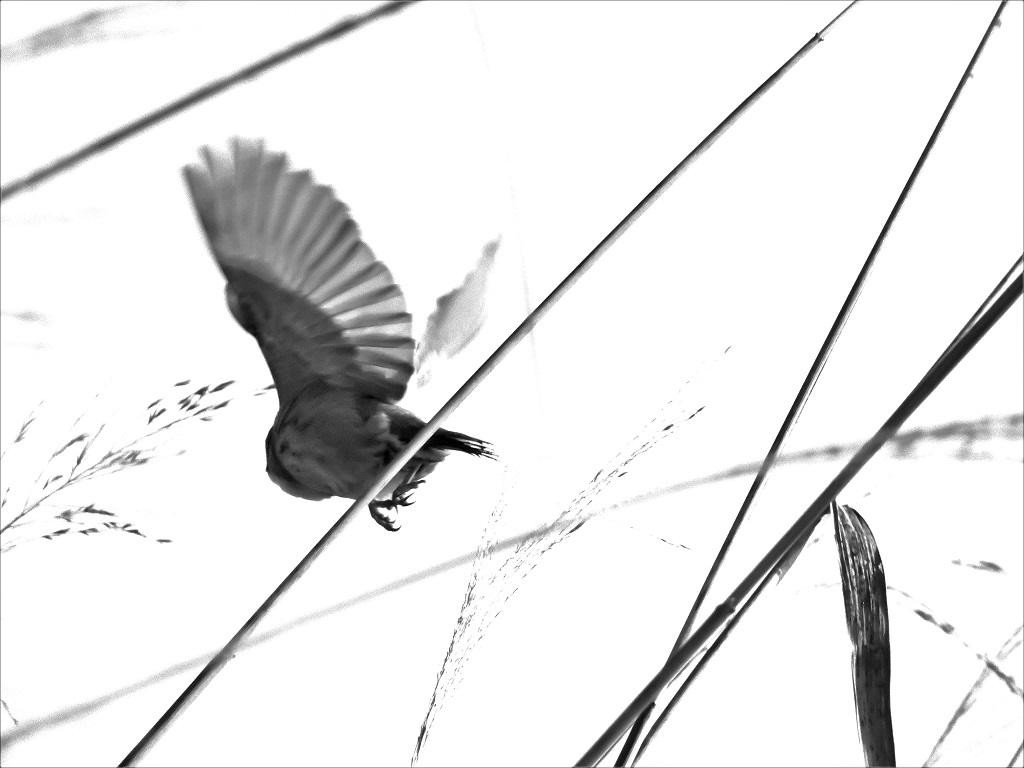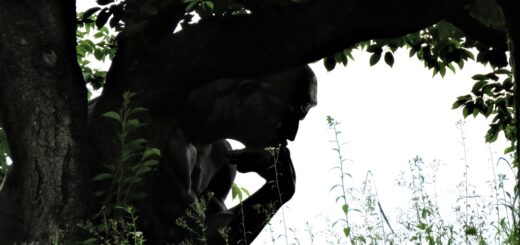To Be Free

These days, it is hard to find a so-called “conservative” or “libertarian” who sees freedom with clear eyes. Two centuries of creeping political progress have caused a slow-developing glaucoma of the spirit which obscures the natural view of self and world that had previously revealed itself in history’s struggle to recognize and emancipate the independent individual mind.
This progressive corruption of vision explains, for example, why most of those who now identify themselves with one — or even, weirdly, both — of the above political labels are essentially sanguine about the institution of compulsory schooling, and often downright feisty in defending this most fundamental instance of modern man succumbing to the tyrannical impulse.
This same impairment explains, further, why most self-described conservatives and libertarians become conciliatory and apologetic whenever they find themselves compelled by firmly-if-vaguely-held principles to object to certain “anti-discrimination” laws — when, that is, they have the heart to discuss such laws at all. It also explains why so many of them are so quick (and so blindly hypocritical) to cry “Censorship!” every time a private company “discriminates” against people of their political persuasion, or to shout “Monopoly!” — which is shorthand for “The government ought to regulate that!” — at every business that becomes dominant in its given market, at least if that business happens to be owned by progressives.
Let’s take a moment then, at this time of year when a large proportion of the human race is celebrating (or pretending to celebrate) the man who said “the truth shall set you free,” to set out, in simplest form, a little truth about freedom itself.
Freedom in real life admits of degrees, of course; and as in all human things, the perfect in this arena may be impossible. For the sake of clarity, however, let us speak in extremes for a moment.
Practical (aka political) freedom does not mean you can do whatever you want. Rather, in a sense it means you can only want what you can do — that is, what falls within the natural limits of your strength and effort — with everything that entails: individual will, assumed responsibility, accepted risk, the barriers of consent, and accountability for the full weight of consequences. In short, life without a safety net, which means, precisely, never depending on other men to be your safety net, let alone demanding it of them.
Spiritual freedom — which is a higher achievement, but also one less dependent on the rationality and morality of others, and hence, in principle, possible in all but the most immediately dire of practical circumstances — may be defined, in outline, in more or less the same words as practical freedom, if we append the following clarifying corollary, which distinguishes the two kinds of freedom: The spiritual or theoretical life is the life of forever striving to exceed or redefine the limits of what you can want, by reaching after the distant, ever-receding glimmers of what your soul can do. That is to say, whereas the limits that define practical freedom are largely determined by the existence of other humans, and therefore intractable, the limits of spiritual freedom are self-imposed, or defined only by the end of the world, understanding “end” in either of its relevant senses.


